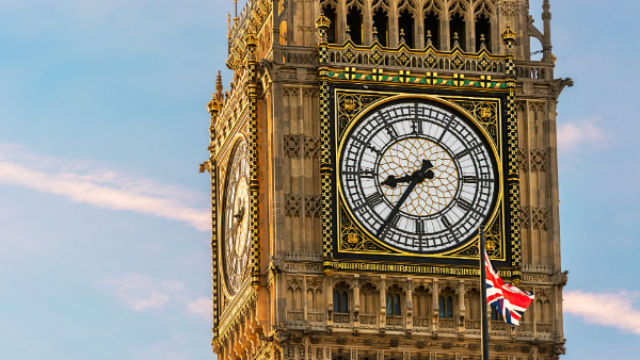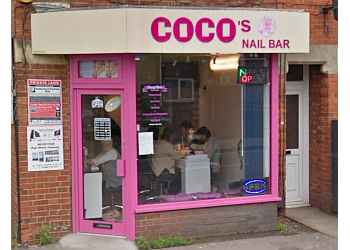His impromptu news conference was interesting not only for its setting but in the hesitant character he portrayed whilst explaining to everyone that the needs of his son came first and that with both him and his wife showing signs of the disease he wanted to place his son in the care of his parents in the North of England. His parents have a farm on which a separate cottage allowed for the continued isolation of his family from his parents. It seems to me that it was a logical thing to do and I would have done the same.
The problem comes when we consider that he broke rules which he himself was coauthor rules which whilst not part of any criminal act were an instruction from the government of the day for the people to obay.
When we break the law we can expect to be punished but these are laws not set down in statute and whilst the government edict carries weight it only carries weight if the population wishes to go along with it. His flouting of the edict punched holes in the governments need to separate us for our own best good and therefore he is guilty of misleading us. He is not the first notable person who decided to go against the instruction. The immunologist who has been advising the government on these matters and appeared regularly on television, Neil Furguson decided to visit his lover and the advisory medical officer in Scotland also went walk about. Both lost their jobs on the basis that that what is good for one is good for all.
So the 'common sense' approach which Cummings appeals us to judge him by should carry no weight if we are asking people not to attend funerals or be with a dying parent. It was not in the doing that he is found guilty but in breaking the rules and that has many consequences. He could have sort permission from the PM who being the ultimate official in this country could have granted him passage but it seems in the makeup of Mr Cummings he balks at imagining anyone but himself as having any sort of a hold on his actions.
He is a maverick and disliked by many in the Westminster bubble and for that I applaud him, as I do for his attempt to break down the establishments way of doing business. He is a risk taker and a forward thinker and I advise anyone to read his blog before they take everything the press tells them as fact. His blog (like mine) is a well reasoned set of ideas which this country could benefit from including the argument he made, many months ago that we should pre-arm our self against the threat of pandemics.
He is a churlish sort of man who demeanor and dress code strikes at the metropolitan class and it's this metropolitan elite, the soft underbelly of the democratic process who are most put out.
The media, who methinks thinks too much of themselves, are part of this university educated think tank and when it came to the dreadful scandal of what was going on in Residential Homes for the aged, their almost benign questions to ministers at the daily corona virus question time, carried little or no anger, little or no push back. Their questions were batted away by which ever Minister was on duty and to my recollection there was never anyone from the press to call the ministers out and to say that simple thing "Minister your lying to us". Suddenly these same people are all in a frenzy about a relative technicality, something which common sense should rule. It's not a breach of some criminal law but a bureaucratic diktat which admittedly so many of our mindless community need, as is the imposition of a serious response when they flaunt it by filling the swimming pools in support of some hedonistic need.
Sadly there's a great paucity of strong and meaningful criticism in the public arena. It's been replaced by a measure of genteel prodding here and there, much as amongst friends, which of course they are.



:format(jpeg)/cdn.vox-cdn.com/uploads/chorus_image/image/53246039/Sir_Winston_Churchill___19086236948.0.jpg)












/arc-anglerfish-arc2-prod-expressandstar-mna.s3.amazonaws.com/public/Z7KRCTTTGJG33C7BDCVXLJ3FFU.jpg)



